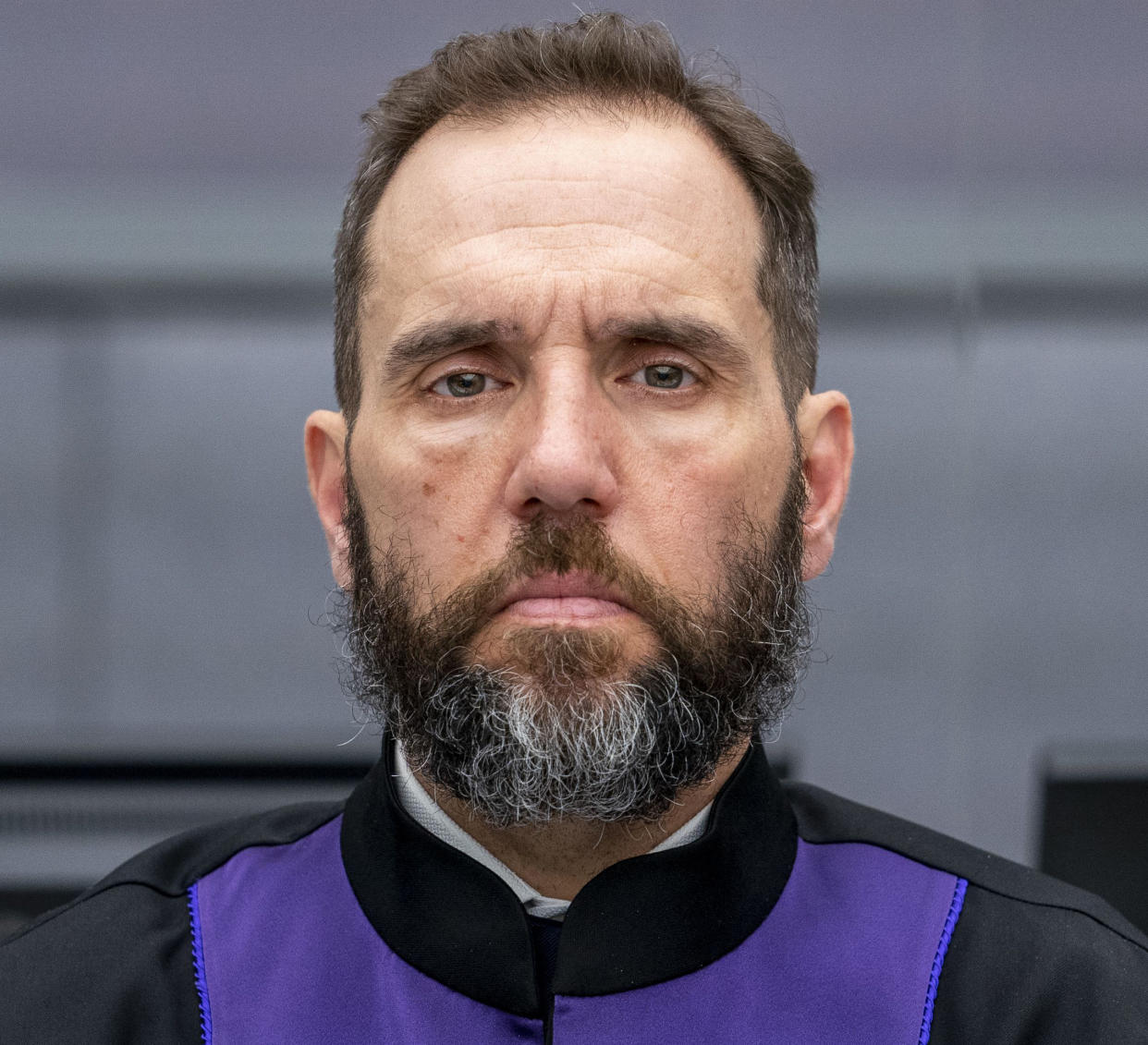Appointment of special counsel to investigate Trump won’t satisfy Merrick Garland's critics, ex-prosecutor says
Attorney General Merrick Garland’s appointment of a special counsel to oversee investigations into former President Donald Trump “was not legally necessary” and is unlikely to satisfy Garland's critics given that he maintains the ultimate power to approve or reject any prosecutorial decisions, according to a former independent counsel appointed during the administration of President George H.W. Bush.
“It's not going to prevent the critics from attacking the investigations as political,” Michael Zeldin, a former career prosecutor and independent counsel, said Friday on the Yahoo News "Skullduggery" podcast.
On Friday, Garland named Jack Smith, a career prosecutor who once headed the Justice Department’s public integrity unit, to oversee the probes into whether Trump violated federal laws in his efforts to overturn the 2020 presidential election and by removing classified government records from the White House and refusing to turn all of them over in response to a court-ordered subpoena.

Although noting that the move was not legally required, Zeldin believes it was “prudent” for Garland to have appointed Smith to try to insulate the investigations from the perception of improper political influence. But he said that purpose was undercut by “defective” Justice Department regulations that give Garland the authority to approve or reject any prosecutorial decisions Smith makes.
“The attorney general has to give great weight to the views of the special counsel, but he does not have to accept them,” Zeldin said. “In the end, the AG makes the ultimate decision, which undermines the integrity of the special counsel’s independence.”
Zeldin was appointed as independent counsel in the early 1990s to complete an investigation into allegations that State Department officials under then-President George H.W. Bush improperly accessed President Bill Clinton’s passport files in an effort to find material that might discredit him.

Zeldin is one of the rare special prosecutors who did not end up bringing criminal charges in the case he was appointed to investigate. But he was appointed under a statute that has since expired, which gave independent counsels full authority to conduct investigations and prosecute cases with no interference or review by attorneys general. After widespread criticism that the independent counsel law had led to prosecutors running amok — with Kenneth Starr’s investigation of Bill Clinton’s affair with Monica Lewinsky cited as a prime example — the statute was allowed to expire in 1999. At that point, Justice Department officials drafted regulations that permitted the appointment of “special counsels,” whose actions could still be overridden by politically appointed attorneys general.
Zeldin noted that Trump has already attacked Garland’s move as akin to the “Mueller witch hunt,” a reference to the investigation by special counsel Robert Mueller into Trump’s alleged connections to Russia’s interference in the 2016 presidential campaign.
But Garland can now argue that he has used whatever authority he has to attempt to insulate the investigation from any political interference, Zeldin said. He can say, “‘There's no powers that I have that I can use other than what I'm doing.’ And that's the best he can say for it.”
